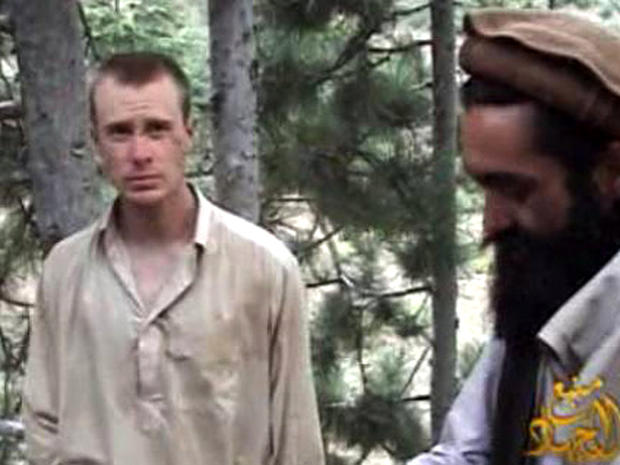Key Afghan commander believed among 6 militants killed in U.S. drone strike
PESHAWAR, Pakistan A U.S. drone fired a pair of missiles at a militant hideout near Pakistan's border with Afghanistan on Friday, killing six suspected militants, including a key Afghan commander wanted by the United States, Pakistani intelligence officials said.
Sangeen Zadran was a key commander in the Haqqani network, which U.S. officials consider one of the most dangerous factions fighting American troops in Afghanistan. He was staying at a sprawling compound near the border town of Ghulam Khan in the North Waziristan tribal region when the missiles destroyed it early Friday morning, officials said.
Several hours after the strike, clerics announced his death over mosque loudspeakers in Miran Shah, the main town in North Waziristan, and urged residents to attend his funeral, witnesses in the town said, speaking on condition of anonymity for fear of retaliation. Five Pakistani intelligence officials said their agents had confirmed Zadran's death.
A spokesman for the Afghan Taliban, however, denied that Zadran had been killed. Spokesman Zabiullah Mujahid said the commander is alive in eastern Afghanistan's Paktika province.
There is no U.S. confirmation of Zadran's death. However CBS News has confirmed it with a source in the Pakistani government and a source with links to the Haqqani network.
The remoteness of and the danger in Pakistan's tribal areas makes it difficult for journalists to independently confirm such incidents. Militants often initially deny the killing of one of their own.
Zadran was instrumental in the capture of U.S. Army Sergeant Bowe Bergdahl in June 2009. Bergdahl is still unaccounted for.
Agents were investigating the identity and nationality of the other five men killed, the officials said. The area where the strike took place was believed to be a hiding place for the Haqqani network, the officials said. They declined to be identified because they were not authorized to brief reporters.
Pakistani intelligence officials say hundreds of people attended Zadran's funeral. Later, the Taliban took his body to an unknown location for burial, residents and the officials said.
The State Department in an August 2011 statement accused Zadran of targeting U.S. forces in Afghanistan and said he was behind the kidnappings of Afghans and foreigners.
"Sangeen Zadran helps lead fighters in attacks across southeastern Afghanistan, and is believed to have planned and coordinated the movement of hundreds of foreign fighters into Afghanistan," the statement said.
North Waziristan is a tribal region home to a mix of Pakistani, Afghan and al-Qaida-linked foreign militants, who used the remote border region as a base from which to launch attacks in Afghanistan and Pakistan.
Friday's strike came less than a week after a U.S. drone killed three foreign militants in an abandoned seminary in the same region.
The U.S. drone program causes extreme tension between Pakistan and the United States. Washington says it needs to use the unmanned aircraft because Pakistan refuses to engage fighters in the remote area. Pakistan says its troops are already weighed down fighting militants along the Afghan border.
Pakistan has routinely criticized the strikes, calling them a violation of the country's sovereignty and territorial integrity. On Friday, Pakistan's Foreign Ministry again called for an end to the drone attacks, saying such "strikes are counterproductive, entail the loss of innocent civilian lives and have human rights and humanitarian implications."
Also Friday, thousands of supporters of Pakistan's anti-U.S. groups rallied in Islamabad, vowing to defend the country's territorial integrity and sovereignty. The rally was organized to mark the Defense Day of Pakistan, the day on which Pakistan claims its forces repulsed a 1965 Indian attack.
Hafiz Mohammad Saeed, the founder of Lashkar-e-Taiba-- the group blamed for the 2008 attacks in the Indian city of Mumbai that killed 166 people-- led the rally.
Yahya Mujahid, a spokesman for Saeed, said they had planned the rally weeks ago.
Last year, Washington had announced a $10 million reward for information leading to the arrest of Saeed, who lives in Pakistan and moves freely. Analysts say Saeed enjoys support of the military establishment, which shares his hostility to India.
India and Pakistan have fought three wars since gaining independence in 1947.
